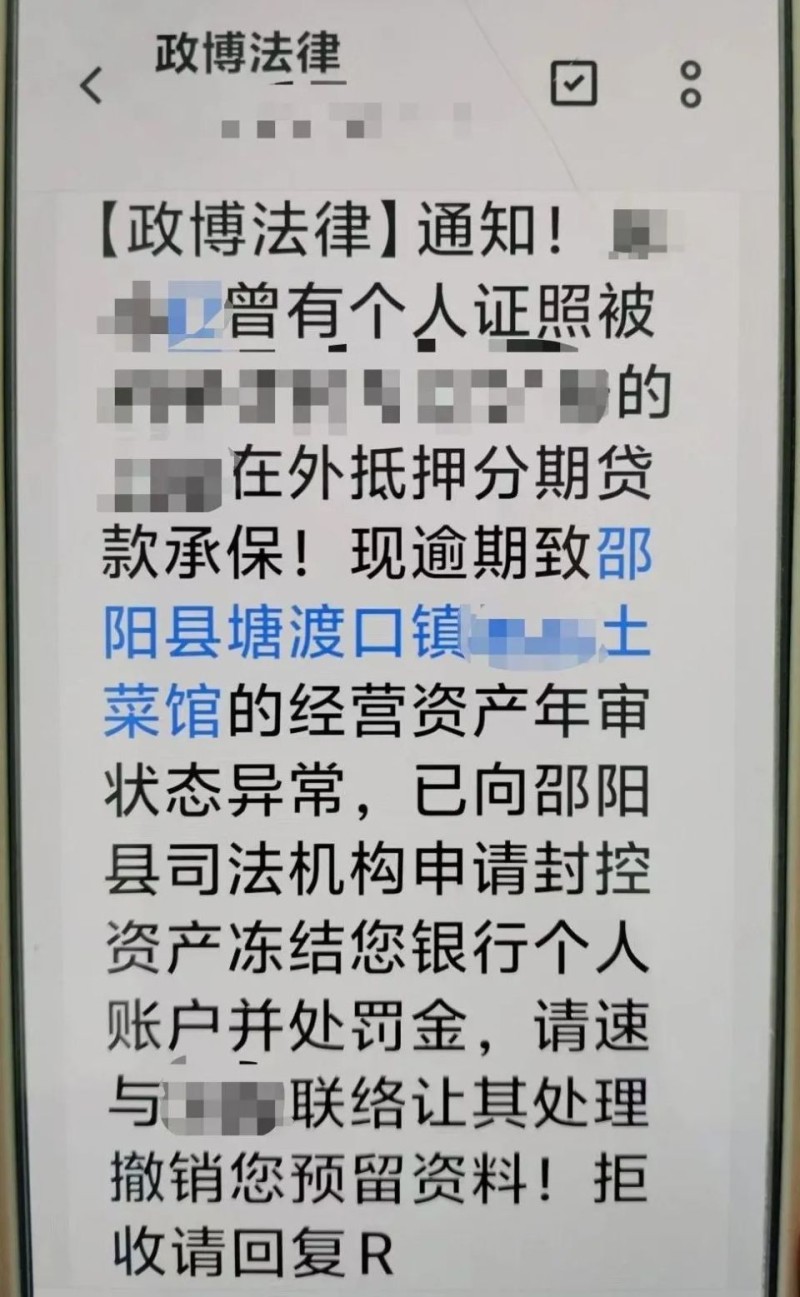不要饶恕自己,要对自己固有的看法、观念、信条,甚至经验要有批判精神,甚至将它们摧毁,因为每一个段位的成长都会面临更强大的对手或者更困难的问题,如果你还在用固有的信念去迎接新的敌人,只会一败涂地。所以,我们需要敢于挑战自己,质疑自己,以及接受能够考验自己、批评自己、质疑自己,但本质是爱自己的人。这样我们才会更加强大,能接纳更多的真理,从容应对纷繁复杂的世界。
If you wanna learn the truth, or, to put it in a better way, live a life free of delusion, you have to be willing to challenge your own beliefs. As Nietzsche said, “one must never have spared oneself, /harshness/ must be among one’s habits, if one is to be happy and cheerful among nothing but hard truths.” Don’t spare yourself. Be critical of your own beliefs. And what does it mean to spare yourself? To not test a belief. Or even worse: to protect a belief.
如果想活出真实,或者我说得再清楚些,如果你想摆脱摆脱虚伪的妄想,就得有勇气质疑自己一直以来坚信的观念。尼采曾说:“人要敢于对自己下狠手,把‘严苛’当作一种习惯,才能在残酷的真相面前依然保持乐观。”不要饶恕自己,对自己固有的信条要有批判精神。那么饶恕自己又是什么意思呢?不去检验自己固有的信条,甚至更糟糕:维护自己的某种信条。
There’s a Latin phrase I really like, a phrase that I think carries great wisdom: Veritas numquam perit. Or in English: truth never perishes. If you really challenge yourself, if you destroy all of the parts of you that can be destroyed, all that you’ll be left with is the truest parts. To be harsh towards yourself in this way is a great virtue. And what does it mean to be harsh towards yourself? To go a step further than not protecting your beliefs: to outright attack your beliefs. To destroy them, and disprove them, if you can. To only believe what you can’t help but believe, because you haven’t been able to disprove it yet. It means becoming an enemy to yourself, but in the best possible sense. You become an enemy towards what’s false in you, and as a result, you become the friend of what’s true.
我很喜欢一句拉丁语,我认为其中蕴含着大智慧:Veritas numquam perit. 意为:真理永不消亡。要是你真敢挑战自己,把那些能被推翻的旧观念都砸个稀巴烂,最后留下来的,肯定是最真实的那部分。那么对自己狠又是什么意思呢?比不维护自己的信条更进一步:直接攻击你的信条。如果可以的话,要摧毁它们,并推翻它们,只相信你无法不相信的东西,因为你还没有证据去反驳它。这意味着要成为你自己的敌人,不过是于你有益的敌人。你要和自己身上的虚伪“对着干”,这样一来,你自然就站在了真理这一边。
To be able to be, and to have enemies was very important to Nietzsche. He said, “to be able to be an enemy, to be an enemy — that perhaps presupposes a strong nature, it is in any event a condition of every strong nature. It needs resistances, consequently it seeks resistances… Every growth reveals itself in the seeking out of a powerful opponent - or problem: for a philosopher who is warlike also challenges problems to a duel.” To become true, to become strong, you need resistance. You need an enemy. An enemy that is capable and willing to challenge what is potentially false in you, even if that enemy is yourself.
对尼采来说,一个人能够成为并拥有“敌至关非常重要。他认为,能够与人为敌,甚至成为敌人,这本身就是一种强大的性格特质。强大的人需要挑战,所以他们总是主动寻找阻力和对手。一个人的成长往往体现在他愿意去寻找强大的对手,甚至是寻找棘手的问题——就像一名好战的哲学家,不断主动向问题发起挑战。简单来说,想变得更真实、更强大,你需要有“阻力”,你需要一个“对手”。这名对手要足够强大,能够挑战你身上那些虚伪的东西,哪怕这个对手就是你自己。
But this destruction is grounded in love. As Nietzsche wrote, “equality in face of the enemy - first presupposition of an honest duel. Where one despises, one cannot wage war… To attack is with me a proof of good will…” You must be capable of being an enemy to the people you love most, if they’re strong enough to bear it. And if you’re not capable of having enemies yourself, people who can criticize, test, and doubt you, people who can potentially destroy what’s false in you, then you’ll become weak.
但这种看似破坏性的行为,本质上是出于爱。尼采说过:“在对手面前保持平等,是进行一场真诚对决的基础。如果你看不起对方,那就无法真正交战……对我来说,攻击反而是一种善意的表现。”这意味着,你必须有能力对那些你最爱的人“宣战”,当然,前提是他们足够强大,能够承受这种挑战。如果你自己都无法接受批评、考验和质疑,无法让别人帮你打破自身的虚伪,那你就会变得软弱无力。
So remember: veritas numquam perit. Truth never perishes. If you challenge yourself, become an enemy to yourself, and allow yourself to have enemies, people who can test you, criticize you, and doubt you - but always in the spirit of love - you can eliminate what’s false in you. And as you eliminate more of what’s false in you, you’ll be left with more of what’s true. And if truth never perishes, the more truth you contain, the more imperishable you yourself become.
所以要记住:Veritas numquam perit. 真理永不消亡。如果你挑战自己,成为自己的敌人,勇敢接受敌人,接受能够考验你、批评你、质疑你但本质是爱你的人,你就能够消除身上的虚假。当你更多地消除身上虚假的东西时,你就会留下更多真实的东西。如果真理永远不会灭亡,你接纳的真理越多,你就越强大。
That concludes my exploration of Nietzsche’s teaching. As always, this is just my opinion and understanding of Nietzsche, not advice.
以上就是我对尼采的教诲的总结。一如既往,这只是我对尼采的一些看法和理解,并不是建议。
By Freedom In Thought



